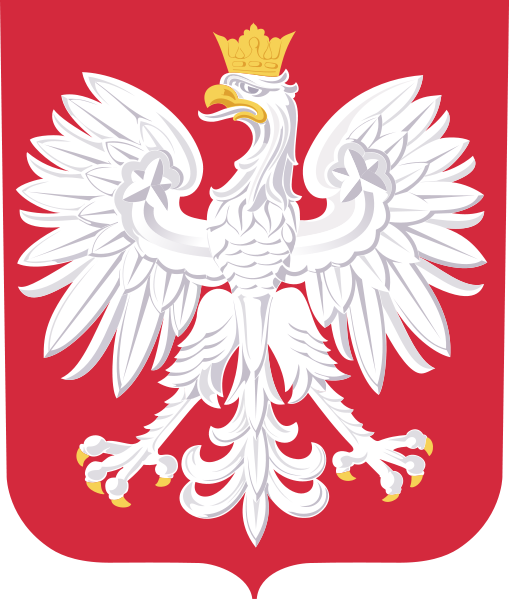Author: Dr Mikołaj Marcela - Faculty of Humanities at the University of Silesia
The new situation that we have found ourselves in is difficult for all of us - nobody has prepared us for this, and the traditional way of teaching at the university, at first sight, is impossible to quickly turn into the reality in which we are going to operate in the upcoming time. The most important thing is that we do not really have to change the previous working methods to e-learning. Let’s use the situation together as the opportunity to test what a slightly different form of working with students at the university may look like. Obviously, e-learning platforms and online educational tools will be very helpful in preparing for classes. However, this does not mean that we should prepare lectures in the form of Facebook webinars available for all interested parties (although it is possible), or exercises using Discord. Digital tools may, to an extent, enable us to recreate the typical model of teaching at the university, but do we need it? Isn’t this exceptional situation that we have found ourselves in a good opportunity to think over the possibility of different didactics? This is a dialogue which we have been postponing at the university for many years, but it seems like the time to start thinking and talking about it has finally come. To wonder about how to shift from the culture of teaching to the culture of learning, which is what students, labour market, and especially the world around us, require from us.
In order to encourage a slightly different approach, it is worth noting what neurobiology and neurodidactics have been trying to convince us to in the recent years. It turns out that human brain is not created to remember information or gather knowledge, but it’s rather a flexible tool to solve the problems that are important for it. Both us and students learn by practice, by experiencing new situations and finding the appropriate strategies and solutions. This what our scientific work is for us, when we analyse and interpret cultural texts, and then we juxtapose them with other texts. We constantly learn ourselves, creating projects for which we first conduct research, and then select the right tools, so that the whole thing adopts the form of a scientific article. Iit is similar in the case of research work in laboratories - we experiment, search for new solutions, make mistakes and learn for them, to finally achieve success. There is no other way for real learning.
Nothing prevents us from approaching classes in the upcoming period in this way. Perhaps this is the best moment to test the project-based method: to present students with interesting, unusual and still undeveloped scientific or artistic - depending on the study programme - problems, which are related to the subject of your classes; to offer optional reading list, but also to leave students space to search for their own sources; to allow for creative form of project completion. Let us remember that the university should not be a place where we teach to provide the already known responses - it should be a space to ask innovative questions and look for surprising answers individually. These days we need less theory and more practice. Project-based or solution-based problems should constitute for us a new framework for thinking about academic teaching nowadays.
Of course, with this approach students will get to know a limited amount of material in comparison with what we originally planned. Instead, they will choose topics that are interesting for them and will work them out in practice. Our role as academics will mostly consist in consulting their ideas and supporting students in the implementation of their projects. It may also be a good idea to organise, using e-learning tools or Facebook broadcasts, weekly consultations during which students could inform the rest about their work progress and get feedback in working on their projects.
It is worth thinking about this form of learning, especially that in light of the latest research, different forms of project-based work and education are considered to be most effective and consolidating the gained knowledge particularly through practical action. They also rely on self-discipline and internal motivation of students, which helps their self-development.


















